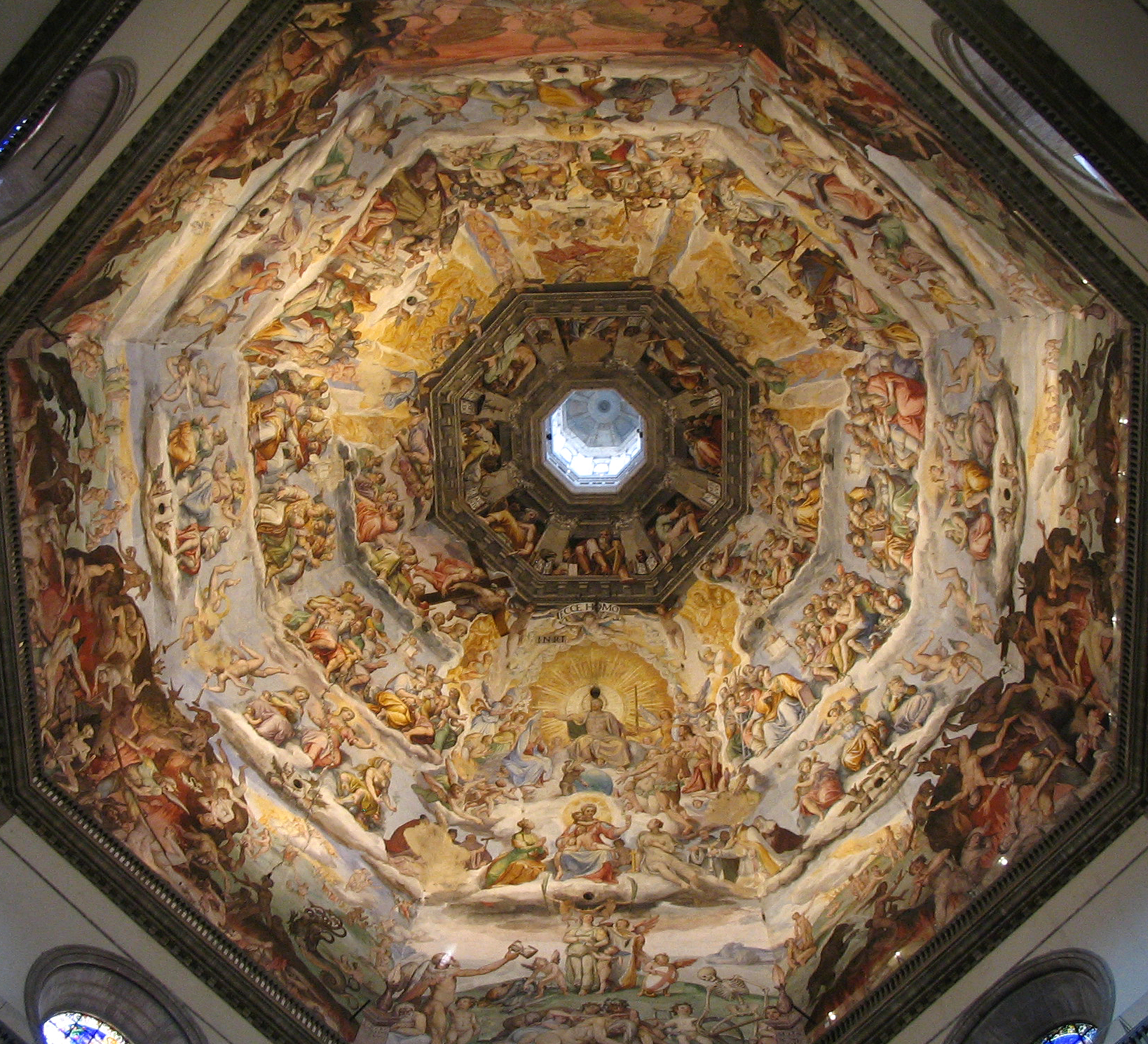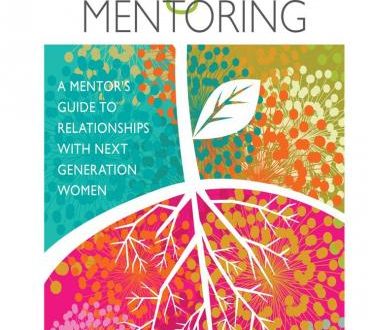“What the….?”
Hell is not a topic Americans spend much time thinking about. The extent of our ponderings on such a place are often relegated to funny quips like this:
Sidenote: Cold coffee IS a minor catastrophe.
While the subject of hell doesn’t tickle our positive sensibilities, our ancestors in the faith seemed to think it was a worthy topic to keep before their parishioners. I recently visited the famous Duomo in Florence, Italy. After climbing the 400 plus (yep – you read that right) steps en route to the top of the Dome, I was greeted by a stunning fresco that inspired Michelangelo’s work in the Sistine Chapel. As I gazed upon the colors and figures, I was suddenly jarred by a fairly large section containing graphic images of hell and torment.

If you google the image, you’ll agree this is not the type of painting you would want to hang on your mantle.
Clearly, judgment was on the minds of our Italian friends. Fast forward a few hundred years and a continent to the west, Americans are reticent to consider such a destiny for people who don’t believe a certain way. Our days are barely spent thinking about next year, much less the afterlife. A place of eternal darkness rubs up against our cultural optimism, a high value on tolerance, and the buffet-style practice of picking and choosing which beliefs fit our particular religious grids. I confess that, even as a Bible-believing Christian, the doctrine of hell is a tenet of the faith that I’d just rather not think, talk, (or blog) about.
And yet, an unpleasant reality does not make something LESS of a reality.
Heaven doesn’t get a great rap either, as the misperceptions surrounding eternal ‘bliss’ (think harps and clouds and lots of singing) are plentiful.
At the risk of reducing a topic of eternal magnitude to a few key points, below are some implications for Christians to consider:
1) Dismissing hell doesn't make it go away. While "fire and brimstone!" evangelism tactics lack winsomeness, remember that hell is the reality for those that haven't put their faith in Christ. A few years ago, a non-religious friend of mine found out I was a Christian and asked, "If you really believe hell is where I'm headed, why haven't you told me about it? And why haven't you told me how to avoid going there?"
2) For the Christian, the eschaton will be greater than anything we have ever dreamed. The non-believer longs for heaven, though she may not know this is what her heart seeks. Conversations can go in an eternal direction as you listen for snippets of deeper longings while someone is sharing her life with you. The new earth will be a place of human flourishing – ultimate relational harmony, abundant creativity, meaningful work, love, mercy, goodness, peace, and hope. The things, hobbies, people, and foods that we delight in most on earth today are but a small taste of what life will be like in His presence. For more on this, check out Philip Yancey's book Rumors of Another World and N.T. Wright's article "Heaven is Not Our Home" http://www.christianitytoday.com/ct/2008/april/13.36.html
3) Take some action: Commit to praying on a regular basis for your non-believing friends. I've often found that the Lord opens my eyes to opportunities to share of His love and grace with others as I regularly pray for them. Suggestion: Think of three people to put on your list and pray for them on your daily commute.
Tim Keller wrote in The Reason for God: Belief in an Age of Skepticism, “If Jesus rose from the dead, then you have to accept all that he said; if he didn't rise from the dead, then why worry about any of what he said? The issue on which everything hangs is not whether or not you like his teaching but whether or not he rose from the dead.”
Because Jesus came to earth, we know that heaven exists. Because of his death, we are freed from a destiny apart from him. Because of his resurrection, we have great hope. And that is good news…news worth sharing.
Read more at: http://www.azquotes.com/quote/663884


